Navigating the Twists and Turns of Internet Censorship
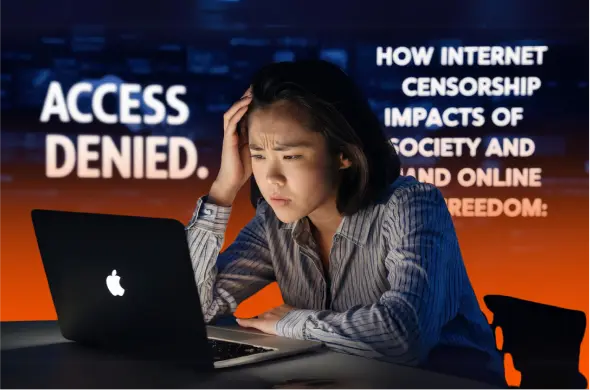
UPDATED June 15, 2024
Written By John Calongcagon
Anyone with internet access can become a content creator in today's digital age. Social media platforms, blogs, and forums are the most common hubs for user-generated content (UGC). From personal stories to product reviews, UGC shapes online communities.
But first, what is UGC?
UGC is any media created by individuals rather than corporations, including blogs, videos, reviews, social media posts, and comments. UGC is crucial in a globalized market as it influences consumer behavior and brand perception.
Democratizing content creation has transformed how people interact online. It promotes community engagement, enhances authenticity, and provides valuable insights for businesses. However, this power comes with great responsibility.
Although UGC offers myriad opportunities for users and businesses, it also brings forth challenges, such as internet censorship. Thus, the need for effective content moderation services.
Understanding Internet Censorship
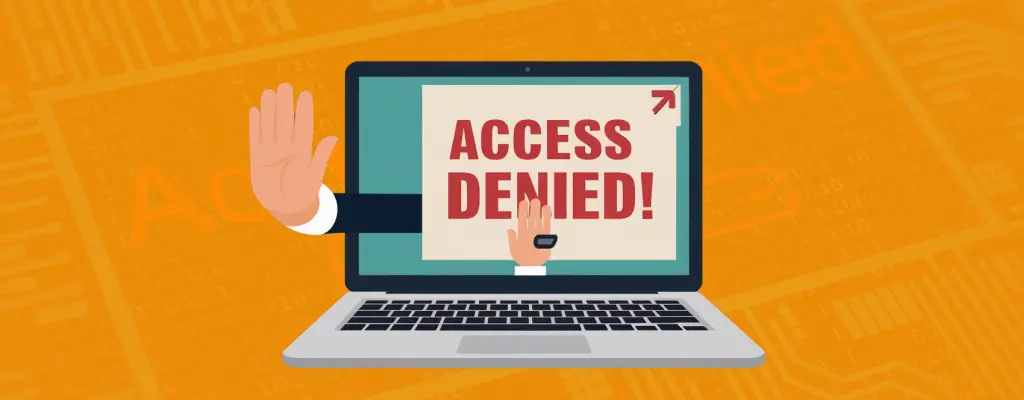
Have you ever experienced surfing the web and encountering a website stating it is not available in your country? Or, have you ever visited an online platform with some of its content not available to your location? If so, then you have experienced internet censorship.
So, what is internet censorship?
Internet censorship involves controlling or restricting access to information available online. Authorities or organizations enforce these controls to regulate harmful, sensitive, or inappropriate content. Internet censorship may also involve protecting national security, social stability, or corporate interests.
Regardless of the purpose, internet censorship is carried out through the following:
Content Filtering
In content filtering, automated tools block content with specific keywords, phrases, or topics. For example, Saudi Arabia often filters and blocks content related to political criticism, human rights, and LGBTQ+ issues.
Website Blocking
Certain countries make entire websites inaccessible to their population. For instance, Russia blocked access to websites like LinkedIn for failing to comply with data localization laws. Also, Turkey frequently blocks social media sites and news outlets critical of the government.
Data Surveillance
Some countries monitor and analyze user activity to detect and prevent the spread of prohibited content. The NSA's PRISM program involved the extensive surveillance of internet communications to monitor potential threats. Similarly, the UK's Investigatory Powers Act allows for broad surveillance of online activities to counter terrorism and crime.
Evolution of Internet Censorship
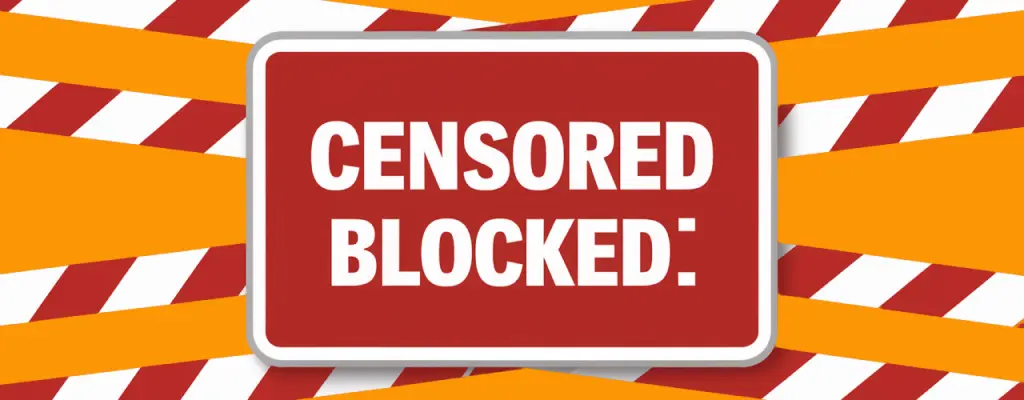
Censorship on the Internet has roots in broader media censorship practices. The emergence of the Internet in the 1990s caused governments to recognize its potential impact on information dissemination. Thus, they exerted efforts to control information flow through print and broadcast media.
From simple blocking and keyword filtering, censorship methods became more sophisticated over time. Organizations adopted more advanced techniques like deep packet inspection, AI-powered content analysis, and geolocation-based restrictions.
The rise of social media and UGC required a more nuanced approach to Internet censorship. This led to the development of comprehensive content moderation services capable of handling vast amounts of data in real time.
Here are some of the most notable events and milestones in the history of internet censorship:
US Communication Decency Act (1996)
The Communications Decency Act (CDA) was one of the first major attempts by the US Congress to regulate indecency and obscenity on the Internet. Section 230 of the CDA, however, provides immunity to online platforms from liability for UGC.
US Digital Millennium Copyright Act (1998)
The Digital Millennium Copyright Act (DMCA) criminalized the production and dissemination of technology, devices, or services intended to circumvent digital rights management (DRM) measures. It also provides mechanisms for copyright holders to request the removal of infringing content from websites, significantly impacting how online the management and censorship of online content.
Arab Spring (2010)
During the Arab Spring, social media played a crucial role in mobilizing protests and sharing information. Several governments, including Egypt, Tunisia, and Syria, imposed internet blackouts in response to the Arab Spring. These governments blocked social media platforms and increased online surveillance to quell dissent.
Russia's Internet Censorship Laws (2012)
Russia implemented a series of laws to tighten control over the internet. These legal policies include the blacklist law that allows the government to block websites without a court order. Additionally, Russia's Sovereign Internet law aims to create an isolated Russian internet.
US Net Neutrality Repeal (2017)
The Federal Communications Commission (FCC) repealed net neutrality regulations, sparking widespread debate. Critics argued it could lead to corporate censorship, where internet providers prioritize certain content over others. This can limit access to information based on commercial interests.
The Role of Government in Internet Censorship
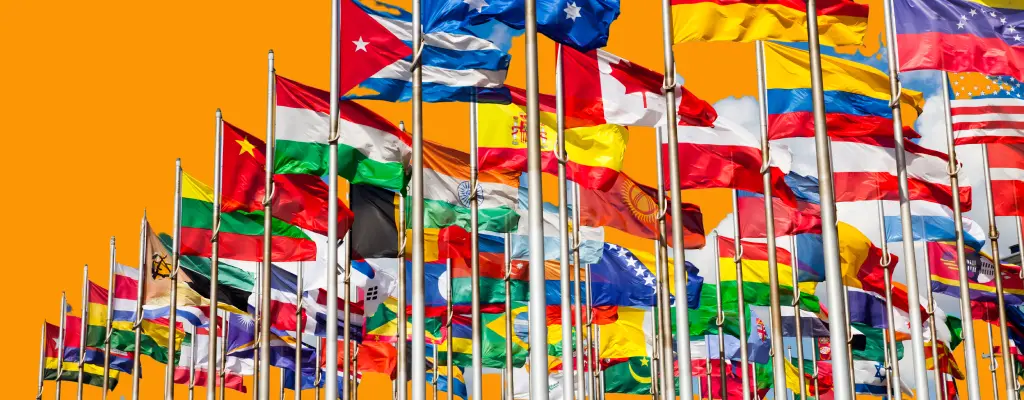
There are various reasons why the government implements Internet censorship, including national security, political control, and cultural preservation. They censor the internet to prevent the spread of harmful content, reduce political upheavals, and protect cultural norms and values. Governments can censor content related to pornography, gambling, and other materials considered morally or culturally inappropriate.
Countries with Strict Governmental Censorship
Internet censorship policies vary from country to country. While some are known for their lax censorship, few countries strictly enforce their censorship regulations, including:
China
China's Great Firewall is a comprehensive system of internet censorship and surveillance. It blocks foreign websites like Google, Facebook, and X (formerly Twitter) and censors content related to sensitive topics like the Tiananmen Square protests or criticisms of the Chinese Communist Party. The Chinese government uses sophisticated technologies, including deep packet inspection and artificial intelligence, to monitor and control its citizens' online discourse.
North Korea
North Korea has one of the most restrictive internet environments in the world. Only a small, elite group has access to the global internet. Meanwhile, the general population can only use the state-controlled intranet called Kwangmyong. This network provides access to a few government-approved websites.
Iran
Iran employs extensive internet censorship to control political discourse and maintain social order. The government blocks access to many social media platforms, news sites, and any content deemed anti-Islamic or politically sensitive. During times of political unrest, the Iranian government often implements nationwide internet blackouts to curb the spread of conflict.
The Need for Corporate Censorship
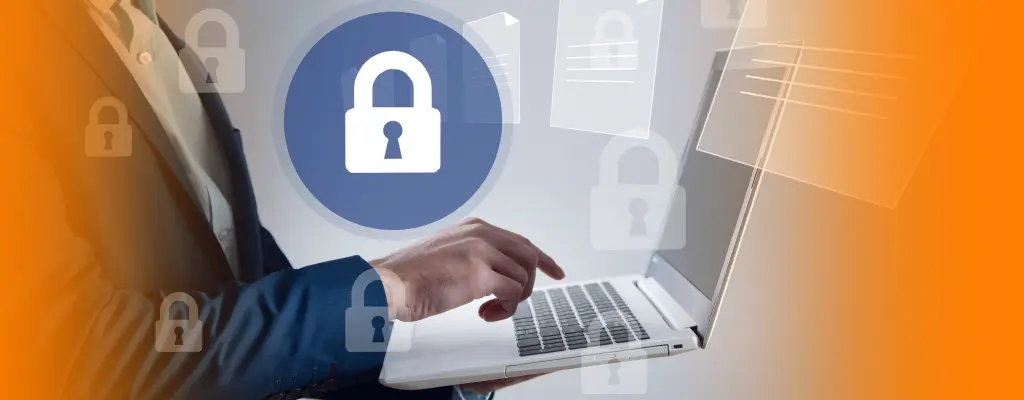
Tech companies and social media platforms developed extensive systems to regulate online content. Thus, there is a blurred distinction between corporate censorship and content moderation.
Nevertheless, regardless of which is which, both methods tackle the following issues:
Hate Speech and Harassment
Most online communities prohibit content promoting violence or discrimination against individuals or groups based on race, ethnicity, religion, gender, sexual orientation, or other protected characteristics.
Misinformation and Fake News
Not everything on the Internet is true. Social media platforms and online communities always have policies against the spread of false information. Platforms may label or remove misleading content and suspend accounts that repeatedly violate these rules.
Violent and Explicit Content
The majority of online platforms have a policy against content depicting graphic violence, nudity, or sexually explicit material. Specialized content moderation services restrict or remove these types of content to maintain a safe and respectful environment for users
Copyright Infringement
The DMCA provides copyright holders a mechanism to request the removal of infringing content. Platforms comply by taking down content violating copyright laws.
Controversies and Debates Surrounding Internet Censorship
While internet censorship contributes to online safety and user protection, many users remain skeptical of its usage. Here are some reasons why:
Free Speech vs. Harmful Content
Critics argue that content moderation services may infringe on free speech rights. Conversely, supporters of content moderation solutions contend that regulating harmful content is necessary to protect users and maintain a safe online environment.
Political Bias
Many accuse content moderation of being politically biased. Some even claim that online platforms disproportionately target certain viewpoints or groups. This debate is particularly prominent during election cycles.
Transparency and Accountability
Online users call for greater transparency in the content moderation processes and decisions. Users and advocacy groups demand clearer guidelines and more accountability for platforms' actions.
Global Variations
Content moderation solutions vary across different countries and cultures. Acceptable content in one region may be unacceptable in another. This inconsistency makes it difficult to create global standards for content moderation.
Economic Motives
Some argue that financial interests drive corporate censorship. These critics claim that online platforms only remove specific content to avoid losing advertisers or facing legal repercussions.
Effects of Internet Censorship on Digital Society
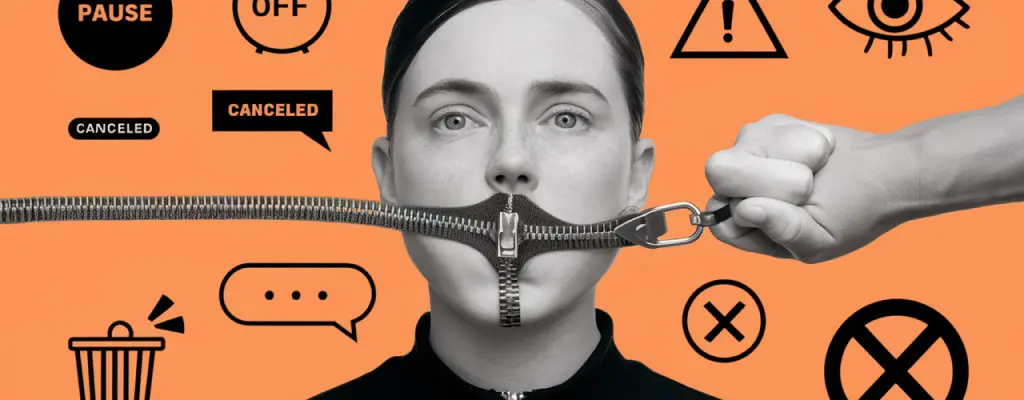
Here are some of the potential consequences of strict internet censorship:
Limits Access to Information and Knowledge
Internet censorship restricts access to a wide range of information and knowledge. Citizens in heavily censored environments often cannot access global news and educational resources. This limitation hinders educational opportunities and intellectual growth, creating a knowledge gap between populations with unrestricted internet access and those living under censorship.
Hinders Freedom of Expression
Censorship severely impacts freedom of speech and expression. Individuals may refrain from sharing their opinions or engaging in open discussions due to fear of retribution. This environment of self-censorship leads to a lack of diverse viewpoints and prevents public debate. In extreme cases, dissenting voices can erode democratic principles and human rights.
Prevents Social Movements and Activism
Internet censorship can prevent social movements and activism. Activists rely on the Internet to organize, mobilize, and disseminate information. Their movements will slow down when the government restricts access to social media platforms and communication tools. This can hinder efforts to promote social justice, human rights, and political reform.
Restricts Business Growth and Innovation
Strict censorship may lead to businesses facing difficulties accessing international markets, collaborating with global partners, and staying competitive. Restriction on information flow can deter innovation by limiting access to new ideas, technologies, and research. Moreover, navigating complex censorship laws can increase a tech company's operational costs and efforts.
Online Freedom and Digital Rights

Online freedom and digital rights gained prominence as the Internet became increasingly integral to everyday life. These rights encompass the ability to access information freely, express oneself without censorship, and maintain privacy online.
Online freedom refers to unrestricted access to information and the ability to express oneself freely on the Internet. Meanwhile, digital rights encompass these freedoms and extend to privacy protection, data security, and the right to be free from unwarranted surveillance. These rights ensure that individuals can use the Internet without fear of censorship, exploitation, or personal data violation.
Protecting online freedom is crucial to maintaining a free and open Internet. These rights support democratic participation by allowing citizens to access diverse viewpoints, share information, and engage in political discourse. More so, safeguarding digital rights ensures individuals can protect their data and privacy during online interactions.
Organizations and Movements Advocating for Internet Freedom
Here are some of the notable organizations and movements strongly advocating for online freedom and digital rights:
Electronic Frontier Foundation (EFF)
The EFF is a leading nonprofit organization defending civil liberties in the digital world. The group advocates for user privacy, free expression, and innovation through litigation, policy analysis, grassroots activism, and technology development.
Access Now
Access Now is an international organization defending and extending the digital rights of users at risk. The group provides support through policy advocacy, grants, and direct technical assistance to activists and civil society groups.
Reporters Without Borders (RSF)
RSF is an organization promoting and defending freedom of information and the press. They monitor censorship worldwide, advocate for the release of detained journalists, and support media outlets under threat.
Strategies for Circumventing Internet Censorship
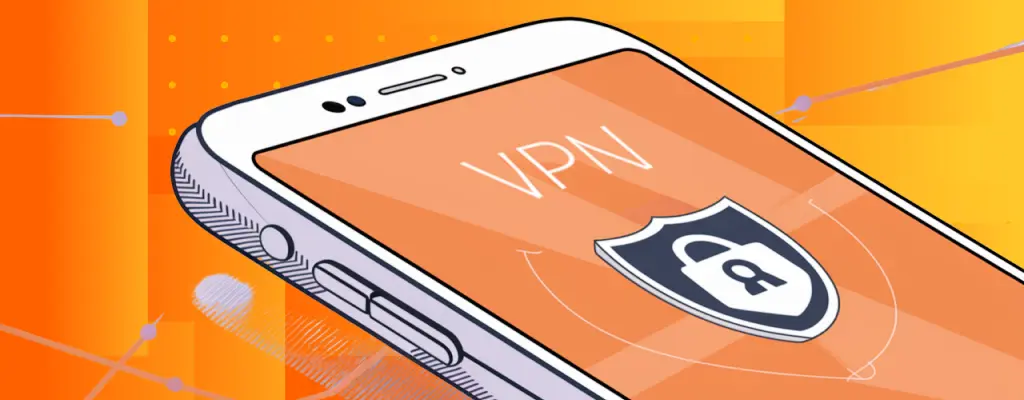
Online users located in countries with strict Internet censorship may use tools and technologies to bypass restrictions, such as;
Virtual Private Networks (VPNs)
VPNs encrypt internet traffic and route it through servers in different locations. They mask the user's IP address, allowing them to access blocked content by appearing to be browsing from a different country.
Tor (The Onion Router)
Tor provides anonymous communication by routing traffic through a network of volunteer-operated servers, or nodes. It hides users' locations and usage, making it difficult to track online activity and access.
Proxy Servers
Proxy servers act as intermediaries between the user and the internet. Online users can bypass their countries' censorship by accessing content through a proxy server's IP address instead of their own.
Risks and Challenges in Bypassing Internet Censorship
Bypassing Internet censorship comes with risks and challenges, including:
Legal Risks
In some countries, tools like VPNs and Tor are illegal. Using these tools can result in severe penalties, including fines or imprisonment. Users must be aware of local laws and potential legal consequences related to using such tools or technologies.
Security Risks
VPNs and Tor may provide anonymity, but they are not foolproof. Using these tools leaves users at risk of data leaks, malicious exit nodes, and unwanted exposure of user data.
Performance Issues
Bypassing censorship can slow down internet speeds due to additional routing and encryption processes. This can affect the quality of browsing, streaming, and other online activities.
Balancing Security and Freedom
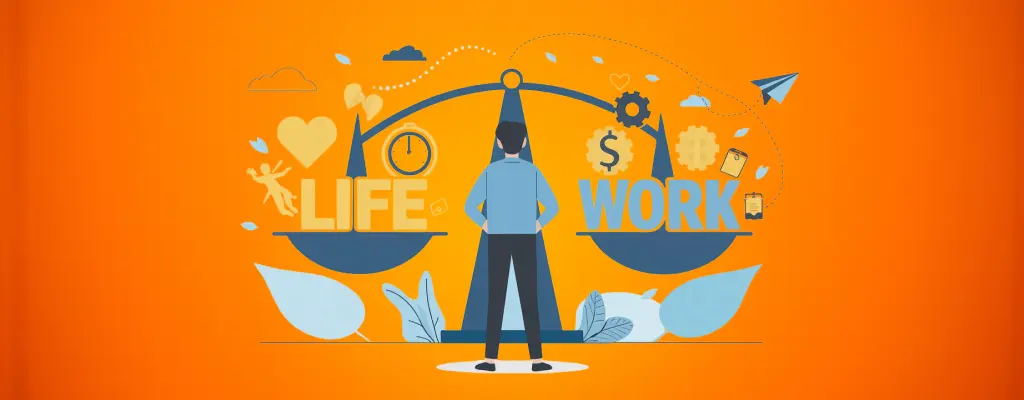
The balance between ensuring national security and protecting individual freedoms is a complex and ongoing debate. Governments, organizations, and individuals all play roles in finding a middle ground that safeguards both public safety and personal liberties.
Potential Solution for a Balanced Regulation
Governments, corporations, and private organizations always seek effective ways to have a balanced approach to Internet censorship and content moderation. Here are some of the potential solutions and approaches to balancing security and freedom:
Transparent Policies
Government and tech companies should develop clear and transparent policies outlining the scope and rationale for content moderation. Transparency helps build public trust and ensures accountability in censorship practices.
Proportionality and Necessity
Censorship measures should be proportionate to the threats they aim to prevent. Moreover, content moderation guidelines should only include necessary provisions. Overly broad or excessive restrictions can undermine individual freedoms without significantly enhancing security.
Independent Oversight
Establishing independent bodies to oversee censorship practices can help ensure governments and corporations apply censorship regulations fairly and justly. They can provide checks and balances against potential abuse of authority.
Public Participation
Involving citizens in the policymaking process through consultations and public forums encourages participation. This participatory approach can help governments and corporations consider diverse perspectives and strike a balance that reflects societal values and priorities.
International Agreements on Internet Censorship
Due to the global nature of the Internet, international organizations develop various agreements and policies to maintain the balance between security and freedom, including:
Global Standards
International agreements like the Universal Declaration of Human Rights set global standards for freedom of expression and access to information. These standards can guide national policies and encourage governments to uphold fundamental rights while addressing national security concerns.
Cooperative Frameworks
Multilateral agreements and organizations can facilitate cooperation between countries. These organizations, including the United Nations and the International Telecommunication Union, develop cooperative frameworks that can help harmonize regulations, promote best practices, and address transnational challenges related to internet censorship.
Cross-Border Collaboration
International cooperation is crucial for addressing cybercrime, terrorism, and misinformation. Countries should work together to develop coordinated strategies that can enhance security without disproportionately restricting freedoms.
Advocacy and Pressure
International advocacy groups and non-governmental organizations can exert pressure on governments to respect digital rights. Campaigns, reports, and lobbying efforts can raise awareness and drive policy changes at both national and international levels.
The Future of Internet Freedom and Security
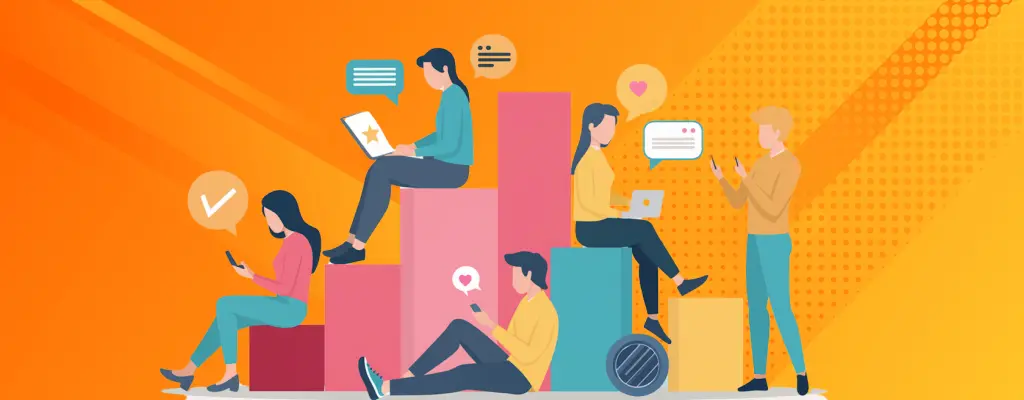
Internet censorship presents both challenges and opportunities in balancing security and freedom. Governments often impose Internet censorship to ensure national security, while corporations enforce content moderation solutions to maintain online safety and user protection.
While Internet censorship is crucial for security and safety, it also comes with challenges related to free speech and political bias. Moreover, Internet censorship can have implications for society's access to information, freedom of speech, social movements, and economic innovation. As such, governments must find various ways to maintain the balance between national security and individual freedom.
For corporations and individuals, Internet censorship requires reliable content moderation services. This is where Chekkee comes into play.
Chekkee is a trusted content moderation company and partner in managing user-generated content and maintaining a platform's online integrity. With comprehensive solutions and expertise in content moderation services and solutions, Chekkee helps businesses navigate the challenges of censorship and regulation while upholding digital rights and freedom of expression.
Ensure the safety of your online communities without compromising your user's freedom. Contact us now for your content moderation outsourcing needs.